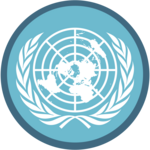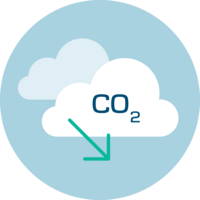
In an article published by Jyllands-Posten/Finans.dk on 30 November 2022, Mellemfolkeligt Samvirke (ActionAid Denmark) criticises Danske Bank’s sustainability commitments. Under the headline ‘Danske Bank sending billions to controversial Arctic oil project’, the article states that Danske Bank is supporting new oil extraction projects in the Arctic through its lending and investment activities.
The criticism was based on the report Banking on Thin Ice, published by BankTrack in November 2022. The report claimed that from the summer of 2020 to 2022 Danske Bank provided DKK 9 billion in lending to companies exploring for new fossil fuel reserves, DKK 3.8 billion of which contributed to supporting the Wisting field, among other developments.
We are prepared to withdraw from companies undertaking new oil extraction activities in the Arctic
The claims made in the article are misleading because Danske Bank does not want to support – either in the form of investment or lending – new oil production in the Arctic. With regard to the Wisting field, which was specifically mentioned in the article, no decision has been made to develop the oil reserves that have been discovered into commercial oil production.
Our policy covering this area specifies that we cannot provide financing to companies initiating sizeable oil production activities in the Arctic and other environmentally sensitive areas. This means that we are prepared to withdraw from companies if they decide to invest in developing an oil field in the Arctic.









.png?h=128&iar=0&w=128&rev=c0456076148343a69ec27218e9fa39aa&hash=5367D3AD7CFBE8E78181A6587FAB2790)